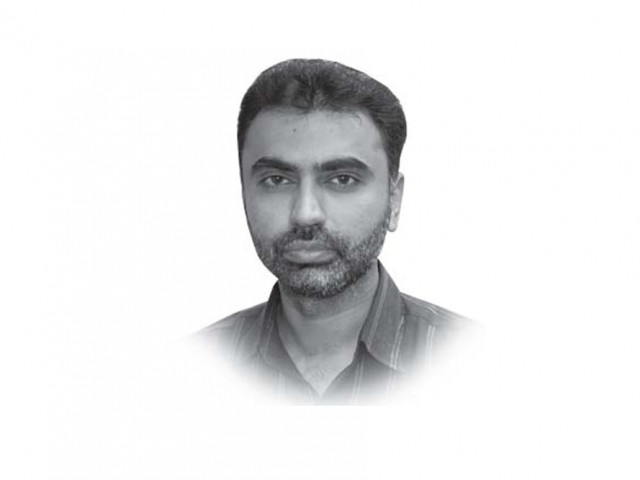The week in focus
Central bank’s decision to cut its policy rate seems to be a good step, but it wont make much of a difference.

The State Bank of Pakistan (SBP) slashed the policy rate by 50 basis points to 13.5 per cent on July 30, citing a stable inflation and reduced government borrowing from SBP in recent months. This preceded three increases in the interest rate in the previous fiscal year, prompting calls from the business community for a reduction as a high rate pushed up their cost of borrowing and business.
Figures released just after the announcement of monetary policy by the central bank showed that inflation rose 13.77 per cent in July against a full-year target of 12 per cent.
However, the next two months will show whether the interest rate cut will help contain inflation which has mainly been caused by shortages of food items prompting the need for costly imports, high crude oil prices in the international market and printing of money for government borrowing.
“Inflation is not a monetary matter, rather it is an administrative issue to manage,” said Faisal Shaji, Research Head at Standard Capital Securities. “If efforts are not made to increase the production of food crops, inflation will not come down.”
Referring to the sky-high sugar prices at more than Rs100 per kg about a year ago, he said hoarding should also be curbed to check unbridled price rise.
According to him, a drastic reduction in the policy rate is needed to promote investment and economic growth. However, the government is likely to step up borrowing from banks to accelerate development work ahead of general elections in 2013, which may lead to an increase in the policy rate or keep it at the present level.
The government is also trying to win another International Monetary Fund (IMF) loan programme and if it succeeds, the policy rate will remain perched at a high level as the lender advocates an increase in the rate to discourage the government from borrowing heavily from domestic sources.
Interest rate in single digit
The 50-basis-point reduction would not make much difference as it would not promote investment and economic growth, said Khurram Schehzad, Research Head at InvestCap. “The interest rate should be in single digit, but it will not come down to this level due to heavy government borrowing from domestic banks,” he said.
The government has been relying on domestic financing sources for around a year, since the IMF suspended its $11.3 billion loan programme in May last year, citing implementation of patchy reforms by Pakistan.
Schehzad pointed out that the interest rate cut alone would not stimulate the economy, other pressing issues like energy shortages and security problems should be addressed to attract local and foreign investors. “Energy shortages and law and order problems have shaken the confidence of investors, so the interest rate reduction alone will not attract them.”
According to reports, electricity and gas shortages have restricted economic growth as industries could not operate at full capacity. In 11 months of the last fiscal year, the large-scale manufacturing sector grew only 1.4 per cent. In addition to this, law and order problems have deterred foreign investors while local businessmen are investing below their potential.
“If energy shortages are addressed, investors will come due to better returns and the high interest rate will not impede investment,” Schehzad said.
the writer is incharge Business desk for the Express tribune and can be contacted at ghazanfar.ali@tribune.com.pk
Published in The Express Tribune, August 8th, 2011.



















COMMENTS
Comments are moderated and generally will be posted if they are on-topic and not abusive.
For more information, please see our Comments FAQ